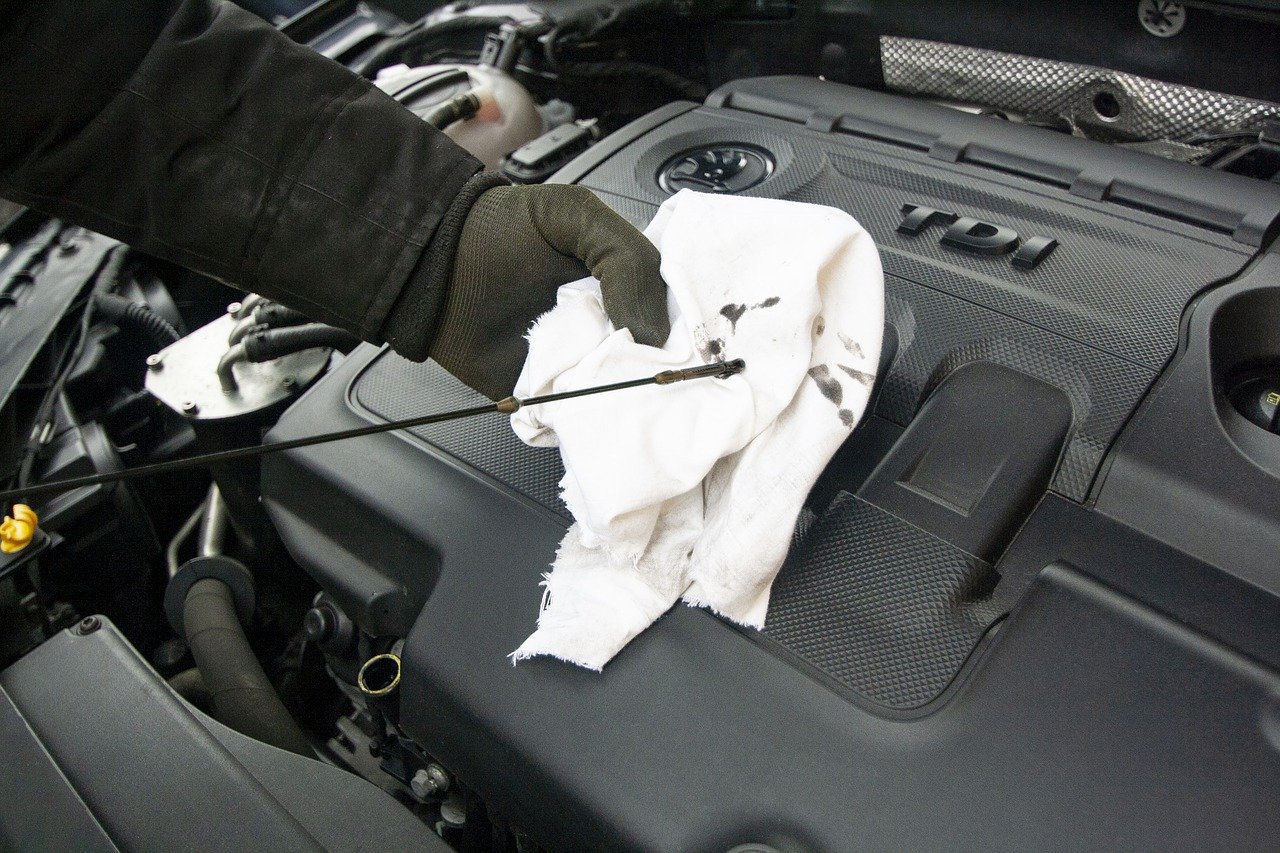Engine oil is an essential component in ensuring the smooth operation of your vehicle’s engine. However, using the wrong type of oil or overfilling it can lead to potential damage. In this article, we will explore the various ways in which engine oil can cause damage to your vehicle.
Excess Oil and Pressure on Crankshaft
If you overfill your engine with oil, it can lead to excess pressure on the crankshaft. This can result in oil leakage and contamination of other engine components, such as the flywheel and transmission. To prevent this, it is important to regularly check your dipstick and ensure that the oil level is within the recommended range.
Symptoms of Bad Engine Oil
There are several signs that indicate the presence of bad engine oil. These include:
- Checking your dipstick for abnormal oil color or level
- Hearing knocking sounds or experiencing louder engine performance
- Noticing oil smells within the cabin
- Observing a smokier exhaust
Dangers of Prolonged Contact with Used Engine Oil
Direct and prolonged contact with used engine oil can have detrimental effects on your health. It can cause dermatitis and other skin disorders, including skin cancer. To minimize the risks, it is essential to adopt safe working practices and wear protective clothing when handling used oil.
Potential Damage from Excessive Oil
Using too much oil in your car can have various damaging effects, including:
- Increased pressure on crankshaft head and tail couplers, leading to potential oil leaks
- Diluted oil that can cause serious damage to engine components
- Potential engine performance issues and decreased fuel efficiency
How to Fix Overfilling
If you accidentally overfill your engine oil, it is important to drain out the excess oil immediately. You can do this by removing the oil drain plug and allowing the excess oil to drain into a container. Be sure to dispose of the used oil properly, as it is considered hazardous waste.

Credit: www.jdpower.com
Credit: www.quora.com
Preventing Engine Oil Damage
To prevent engine oil damage, follow these tips:
- Regularly check your dipstick to ensure the oil level is correct
- Use the correct type and grade of engine oil recommended by your vehicle manufacturer
- Change your oil and oil filter as per the manufacturer’s recommendations
- Avoid overfilling the oil to prevent excessive pressure on engine components
Conclusion
Engine oil plays a crucial role in the smooth operation of your car’s engine. However, when used incorrectly or in excessive quantities, it can lead to potential damage. To avoid such issues, be diligent in checking your oil levels, using the correct type of oil, and adhering to regular maintenance schedules.
Read More:
- Can Noisy Tappets Damage an Engine?
- Gelatin Engine Oil Damage: Solutions & Prevention
- How Do I Know If My Engine Is Damaged from No Oil?
- My Car is Leaking Oil from the Front: How to Fix It and Prevent Future Damage!
- Can You Drive a Car with an Oil Leak? Why Risk Engine Damage?
- Can a Quart of Oil Cause Engine Damage?


